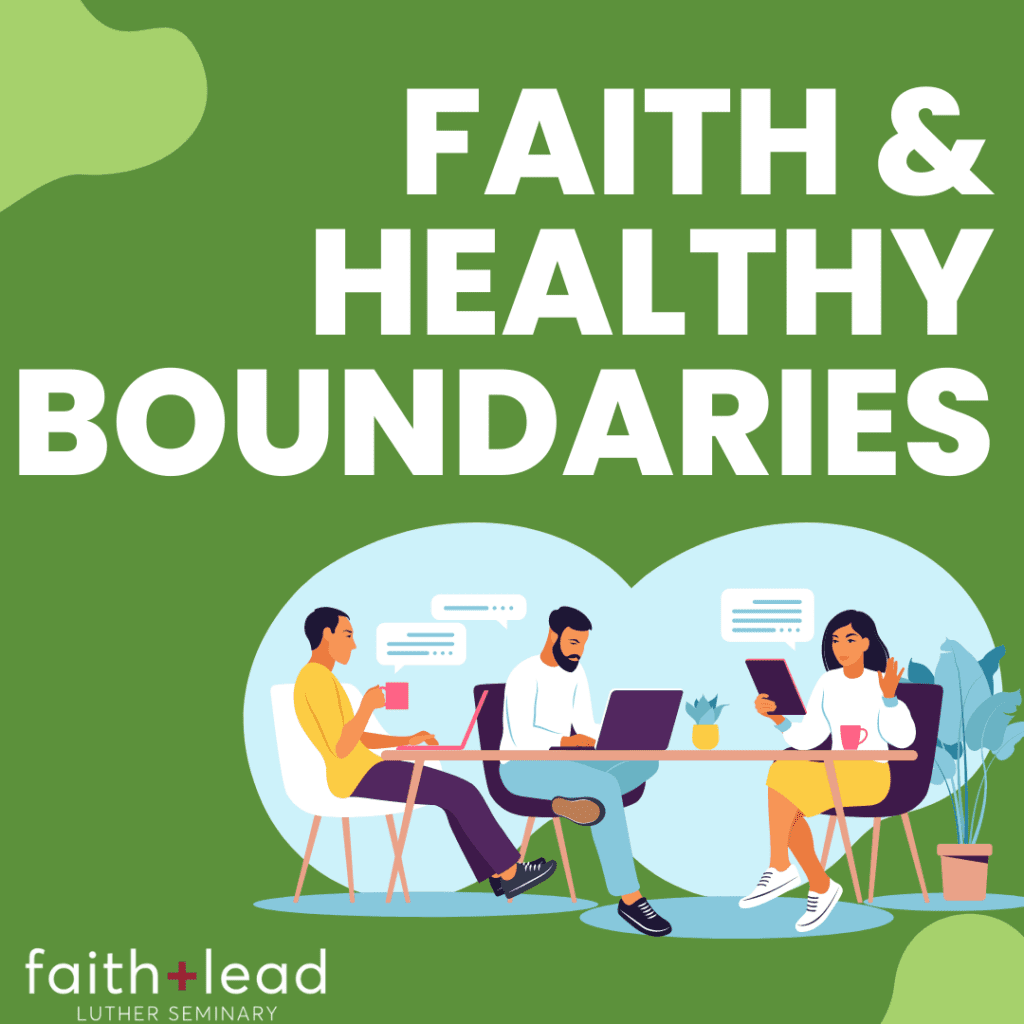All decisions are not the same!
Everyday each of us make millions of decisions. Before we leave the house, we decide what to wear, what to have for breakfast, and what attitude to adopt as we start our day. Tons of our decisions have little or no significant consequence on our lives, but a few decisions, some big and some small, are game-changers with lasting impact.
Throughout my life, I’ve been a decision-maker. If I’m out to eat and no one is willing to make a decision on which bottle of wine to have, I’m happy to make a choice. Traveling in a new city with a group of people, I love taking people’s ideas and forming them into an agenda. Making decisions around daily tasks and activities is not hard for me.
Yet some decisions, especially decisions related to personal values and how faith plays out in everyday life, are much harder to make. These decisions are complex, their consequences are greater and they rarely have a “right” answer. The term many use for such decision-making is discernment.
Discernment is a process for making decisions that draws on wisdom and requires opening one’s self to outside sources.
Outside sources can be friends, experts, a community, and/or literature. Christian discernment also includes spiritual practices, sacred texts, and God. The process of discerning requires us to slow down, reflect on our experience, and listen to external voices. It means setting aside our ideas, wants, and needs, even for a few minutes, so we can entertain new insights and see things from different perspectives. Discernment processes open us up and allow for the possibility of being changed, gaining a deeper understanding, and/or discovering different pathways for living.
There have been many moments in my life when I’ve needed to shift from my decision-making mode into a process of discernment. Let me share two examples along with the steps that were helpful for moving forward.
Further education
After sixteen years in one job I sensed a nudge to go back to school. My children were in elementary school and my husband worked full-time. Practically, it did not seem like a good idea, but my gut pushed me to explore the possibility. For several months, I listened. I listened to people who loved me and knew my gifts and talents. I listened to hear the needs of my family and began to wonder about the impact such a decision had on my family and what options were present. I invited several people to accompany me in the journey. Their main role was to ask me hard questions and join me in praying for guidance. I also did my research. I learned more about programs and what each required, so I had a realistic sense of what such a decision would require of me and my family.
Stepping into or out of volunteer leadership
Another example regarded a decision to step away from a voluntary leadership position with a nonprofit I was involved in. When I came into that position, it was very life-giving. I loved the people and the mission. I used gifts and capacities that were not being used in my job or at home. And I didn’t mind the time commitment.
Yet after many years, I sensed it was time to reevaluate how I was using my time and if this was a commitment I should let go of. I started with sharing the idea with my husband. While he was not going to make the decision for me, he affirmed my wondering, so I entered into a process of discernment.
- I looked at how I was spending my time.
- I reflected on what might be ahead for me and asked God to help me imagine what was ahead for me.
- I prayed and read Scripture.
- And I spent time journaling once a week.
- I also set-up monthly conversations with a trusted friend to process what I was learning. It was much less expansive, but no less important.
The first discernment process I described in this blog post resulted in a big life change. I did go back to school and that decision changed all aspects of my life, and that of my family. The second discernment process did result in me stepping away from the position, yet there was no immediate change in my life. (And I don’t even think my family noticed for many months.) The most immediate impact it had was to create space. Over time, that “newly found space” allowed me to be more available and present with family and friends in really meaningful ways.
Being a follower of Jesus does not always give us clarity on the decisions that we have to make in our lives. What it does do is give us practices to use in our discernment, people and communities to accompany us in the process, and the Holy Spirit to be with us.
Your turn
Name a complex decision you have to make in your life.
Commit to engage in two or three practices per week, for four weeks.
- Pray regularly for guidance
- Journal weekly about your learning
- Read the Bible
- Share your decision with a small group and have them offer their insights
- Share the decision with friends and/or family and have them ask you hard questions and pray for you
- Research
- Meet with a trusted friend once a week to check-in
- What other practice would you add to this list?
Then see what happens.
Need help navigating the challenges and opportunities of contemporary ministry? Are you discerning how to go about following God into a faithful future? Take your next faithful step with Faith+Lead here.





Thank you for this article with real life examples.